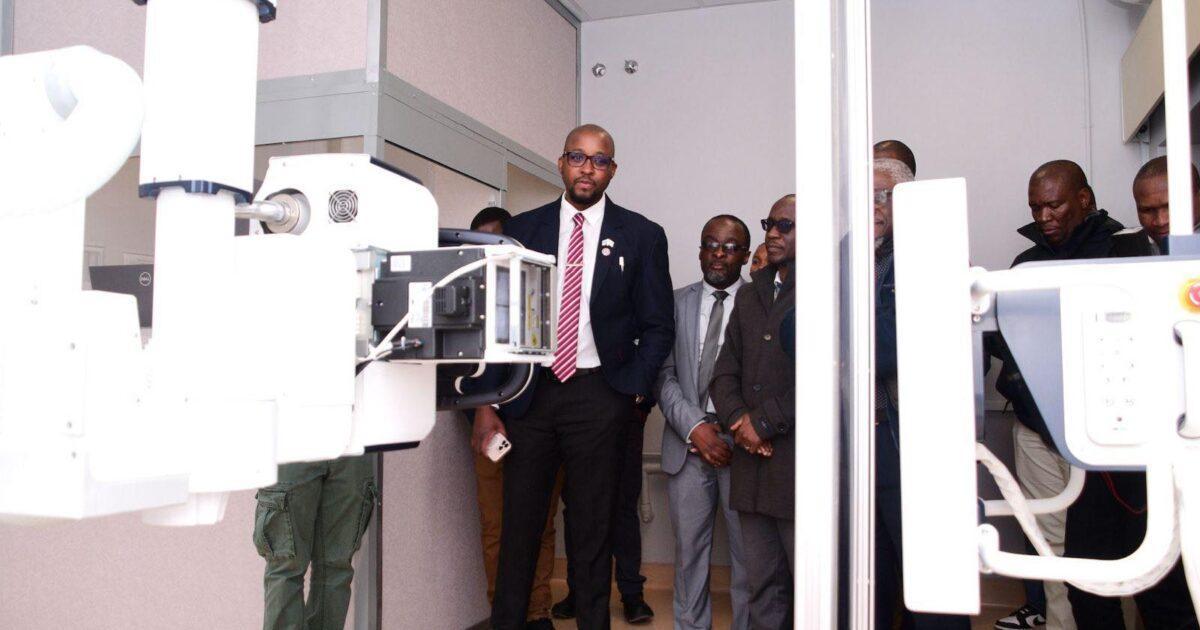Africa-Press – Botswana. WHO has flagged inadequate infrastructure and outdated equipment at Botswana’s National Blood Transfusion Service for putting patients’ health at risk.
A recent preliminary assessment by the World Health Organisation (WHO) has identified critical shortfalls at Botswana’s National Blood Transfusion Service (NBTS) that can put patients’ health and safety at risk.
The WHO has presented the report to the Minister of Health, Dr Stephen Modise, following a week-long assessment of NBTS, conducted from 7–11 July 2025.
The mission aimed to identify gaps and recommend actions to strengthen the safety, coordination and sustainability of blood services.
No hospital transfusion committees
The WHO report points out a range of systemic challenges undermining the country’s blood supply and transfusion safety. Key issues identified include inadequate infrastructure and outdated equipment, which hamper efficient collection, testing and distribution of blood products.
Further compounding the problem is the absence of hospital transfusion committees across healthcare facilities, alongside lack of a national hemovigilance system, which is a critical framework to monitor and respond to adverse blood transfusion events.
Without such oversight, says WHO, patient safety cannot be guaranteed.
The assessment also revealed that the current cost recovery framework for blood services is outdated, limiting sustainable funding and resource allocation. Additionally, data on blood use remains underutilised, with monitoring mechanisms either weak or lacking altogether.
Unclear reporting structures
A draft national blood policy, pending since 2018, has yet to be finalised and implemented, contributing to fragmented coordination and unclear reporting structures within the blood transfusion system.
The WHO report recommends finalising the national policy, putting in place a national technical advisory committee on blood safety, establishing a centralised, well-coordinated blood system, updating clinical guidelines, and using mobile technology and public events to improve donor recruitment.
“The need for decentralising blood collection, strengthening data systems, and formalising cost recovery mechanisms was emphasised,” says the report.
Children with cancer
It notes that during the discussion, health minister Stephen Modise and stakeholders welcomed the findings, noting structural inefficiencies, high collection costs, and reliance on informal relationships for coordination.
According to WHO, they agreed on the urgent need to define roles, improve communication and use data for planning and advocacy, especially to highlight key beneficiaries like children with cancer and road accident victims.
“WHO will submit a detailed report and implementation roadmap within a month, followed by a national stakeholder meeting for validation,” says the report.
Free blood donations
“The Ministry affirmed its commitment to acting on the recommendations to improve blood services across the country.”
However, despite the challenges identified, WHO commended Botswana’s strong reliance on voluntary, non-remunerated blood donations (96% in 2023) and partnerships with stakeholders like Pledge 25 and the Botswana Red Cross.
The WHO team also recognised the country’s use of electronic systems and participation in quality assurance programmes.
For More News And Analysis About Botswana Follow Africa-Press






